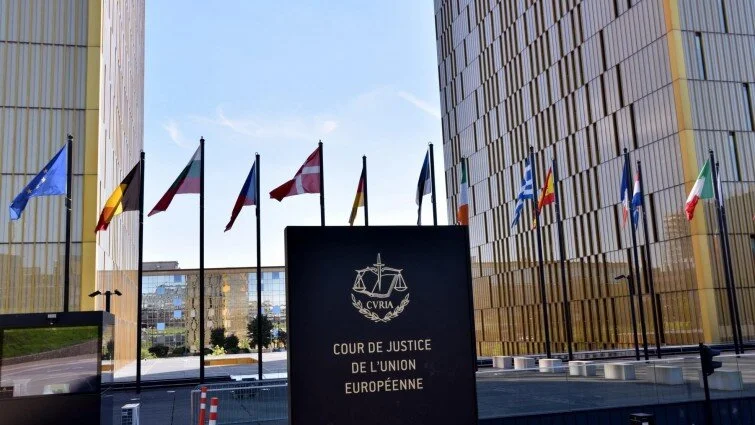European Commission Begins Infringement Procedure Against Hungary
The European Commission formally began an infringement procedure against Hungary (Deutschland Funk).
The European Commission formally began an infringement procedure against Hungary in response to a law restricting foreign funding on non-governmental organizations (NGOs). The Commission sent a letter of notice to the Hungarian government as part of the infringement process, which begins when member states violate EU law.
The 2017 law, known as the Transparency Act, requires NGOs receiving more than $24,200 per year in foreign donations to register with the national courts and identify themselves as foreign-funded in public correspondence. Moreover, the law requires NGOs to list all foreign sponsors who contribute more than $1,680 per year.
The Hungarian government justifies the Transparency Act as a tool to combat crime, international terrorism, and money laundering. However, critics argue that the law is designed to target a collection of pro-democracy and human rights NGOs who receive funding from Hungarian-American investor George Soros. The conservative government, led by Hungarian Prime Minister Viktor Orban, has criticized these organizations for political interference and influence during national elections.
The law allows Hungarian authorities to deny human rights and educational organizations access to EU funds, which has prompted boycotts and protests by several NGOs. Opposition leaders in Hungary have introduced an annulment to the legislation, but Orban maintains a loyal two-thirds majority in parliament.
The European Court of Justice ruled in June 2020 that this policy is a violation of EU law for perpetuating “discriminatory and unjustified restrictions” on organizations and their donors. The court stated that the Hungarian law runs contrary to the EU’s protection of the rights to the free movement of capital and free association.
With no compliance by the Hungarian government several months after the initial ruling, the EU Commission sent a second letter in October to demand the authorities “ensure that the law is not applied, and to share also the draft modifications to the existing law and provide a clear timeline when they would adopt the necessary legal modifications,” according to Commission Spokesman Christian Wigand. He added that all rulings by the European Court of Justice are binding on member states and must be upheld.
Orban’s Chief of Staff Gergely Gulas previously stated that Hungary would respect the court’s decision. However, no progress has been made to repeal the law since the ruling, prompting the European Commission’s use of the infringement procedure to apply formal pressure. If the Hungarian government does not begin to repeal the law within two months, the Commission could ask the European Court of Justice to impose fines.

